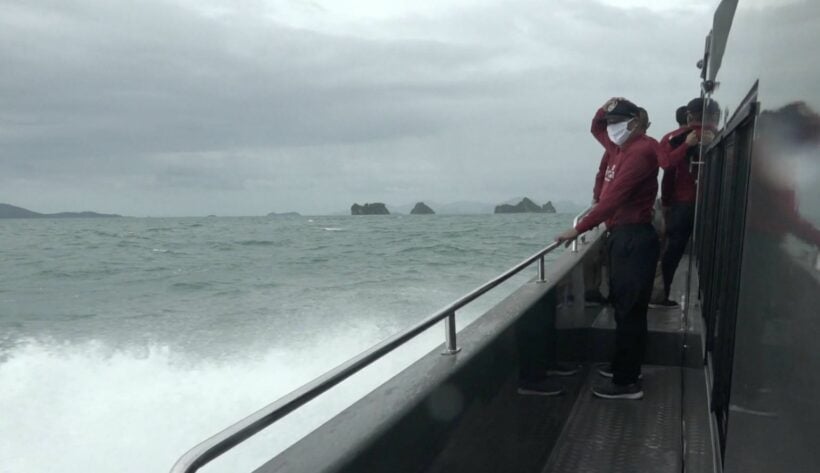Samui ferry company facing legal action over environmental impact of capsize

Thailand’s Ministry of National Resources and the Environment is threatening to sue the Raja Ferry company as a result of environmental contamination from the capsizing of a ferry off Koh Samui. The cargo ferry sank in rough weather last Saturday night, while attempting to transport rubbish from Samui to the Surat Thani mainland, resulting in dead and missing crew.
The Pattaya News reports that around 90 tonnes of garbage ended up in the sea, with the Ministry saying it will survey the damage caused and may sue the ferry company for compensation. The Ministry adds that if found liable, the Raja Ferry will face penalties for violating a prohibition on leaving port during stormy weather.
Mr. Chatuporn Burutpat, Permanent Secretary of the Ministry, says the trash that has ended up in the water is bound to have a negative impact on the marine environment. He says he has tasked the Department of Marine and Coastal Resources and the Pollution Control Department to investigate the situation, adding that now is the time of year when sea turtles return to the area to lay their eggs. It’s understood that oil was also leaked by the ferry and a number of trucks onboard.
Chatuporn adds that he at least hopes the ferry sinking will lead to a new sustainable waste management programme on Koh Samui and other Thai islands.
SOURCE: The Pattaya News
Latest Thailand News
Follow The Thaiger on Google News:
























